Heart problems can be scary. From controlling high blood pressure to treating irregular heartbeats, we’re here to help.
We have over 80 specialists who are experts in various areas of the heart and vascular system, including:
- General cardiology
- Radiology
- Cardiac anesthesiology
- Heart surgery
- Vascular surgery
Using the latest technology, we can diagnose and manage common to complex heart and vascular conditions. And we can increasingly avoid large surgical incisions should you need surgery.
What to expect during your first visit
During your first visit, a health care provider will do a thorough evaluation of your physical condition and medical history.
They will order any testing needed to further evaluate your condition
You can plan to leave with a detailed treatment plan that will outline the next steps we’ll take together.
Why you should choose Nebraska Medicine
Our specialists perform high volumes of cardiac procedures. Thanks to this depth of experience and expertise, they can perform some of the most complex and high risk procedures in the region.
They work closely with the experts at the University of Nebraska Medical Center (UNMC) to offer cutting-edge innovative surgical solutions.
We are the only:
- Heart and lung transplant center in Nebraska. We perform over 40 heart transplants and 10 lung transplants a year
- Dually accredited congenital heart program in partnership with Children’s Hospital and Medical Center
And we are one of the largest ventricular assist device programs in the nation, implanting over 60 devices every year.
Treatments
- Adult Congenital Heart Disease
- Aortic Conditions
- Aortic Stenosis
- Atrial Fibrillation
- Cardiac Rehabilitation
- Cardiovascular Genetics
- Coronary Artery Disease
- Heart Attack
- Heart Disease Prevention
- Heart Failure
- Heart Imaging Diagnostics
- Heart Rhythm - Electrophysiology
- Heart Surgery
- Heart Transplant
- Heart Valve Care
- High Blood Pressure
- LVAD/Mechanical Circulatory Support
- Mitral Valve Regurgitation
- Stroke
- TAVR
- Vascular Care
- Watchman Procedure
Our Locations
-
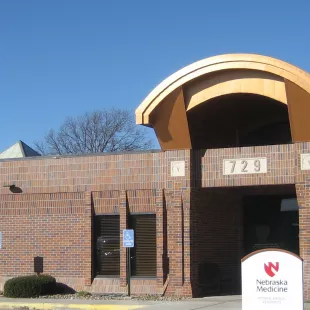
-

Heart Failure Clinic at Shenandoah Medical Center
300 Pershing Ave.
Get Directions
Shenandoah, IA 51601 -
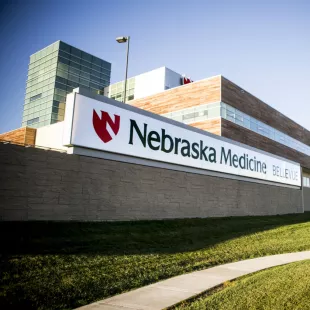
Heart and Vascular Center at Bellevue Health Center
2510 Bellevue Medical Center Drive, Suite 150
Get Directions
Bellevue, NE 68123 -
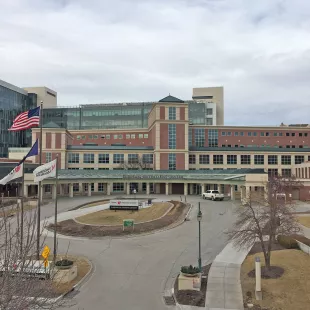
-
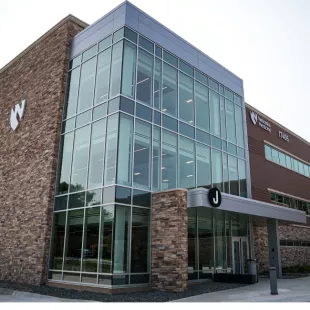
Heart and Vascular Center at Village Pointe Health Center
17405 Burke Street
Get Directions
Omaha, NE 68118 -
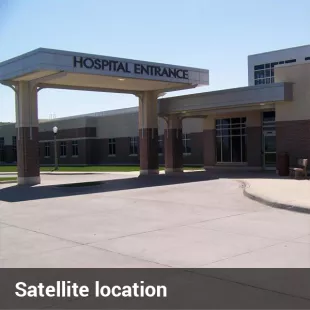
Heart and Vascular Clinic at Crawford County Memorial Hospital
100 Medical Parkway,
Get Directions
Denison, IA 51442 -

Vascular Surgery Clinic at Columbus Community Hospital
4600 38th St
Get Directions
Columbus, NE 68601
-
Heart and Vascular statistics and highlights
See our regularly updated list of all the awards the cardiovascular team at Nebraska Medicine has received.
View More -
Our comprehensive Heart and Vascular network
Learn how our team of heart and vascular experts can help you with everything from prevention and diagnosis to cutting-edge treatment options.
View More -
Heart and Vascular Patient Family Advisory Council
We are currently recruiting members for our Heart and Vascular Patient Advisory Council. Learn about the council and how you can join us.
View More

![[VIDEO] Is diet soda bad for you? How sugary drinks affect your heart](/sites/default/files/styles/400x225/public/2021-09/dietsodas_featuredtile.jpg.webp?itok=ujh92_48)